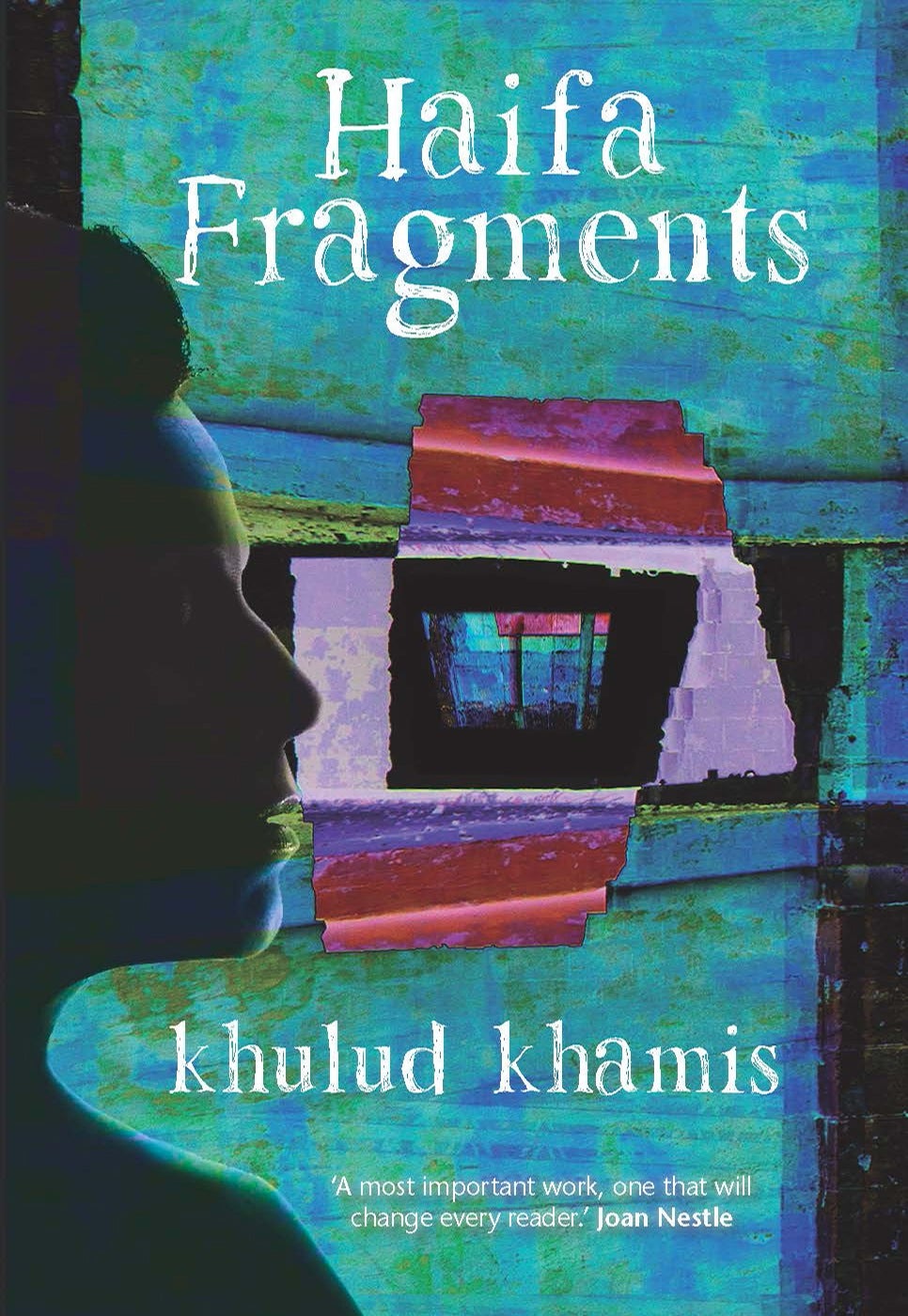Haifa Fragments By Khulud Khamis - book review: No easy answers but a focus on the shared humanity of religion is compelling
Together in a divided land

In Haifa Fragments, the debut novelist Khulud Khamis explores what it means to be Palestinian today. Her main character, Maisoon, is an independent young woman, a secular Christian who lives alone in her grandparents’ flat in the Arab quarter of Haifa. She is in a relationship with Ziyad, a Muslim man who wants to marry her, but Mais fiercely guards her freedom. She befriends Shahd, a fellow Palestinian who lives “on the other side of the green line” in a refugee camp on the West Bank. As they cross the border together, passing through heavily-armed checkpoints, Mais learns about the daily hardships Shahd and her family have to endure.
Mais, a jewellery designer, discovers further conflict when she begins to work for Amalia, a Jewish boutique owner, and becomes increasingly convinced that she is betraying her heritage by doing so. She also has to navigate tensions with her father, Majid, who resents her relationship with Ziyad. Then she discovers letters and poems written by Majid that reveal fragments of his past, a passion for writing, political engagement and Asmahan, his first love.
Khamis skilfully evokes a vivid sense of time and place, in particular the Wadi Nisnas souk in which Mais lives. However, the fragmentary nature of the narrative is also its weakness – Khamis offers various perspectives but her male protagonists are sketchily drawn. The introduction of bisexuality, implied in the relationship between Mais and Shahd, and later a third character, Christina, a blonde backpacker who makes a move on Mais, is never fully explored and consequently feels superfluous. I longed for Khamis to delve more deeply into Mais’s complexities.
Haifa Fragments is written in English and Khamis repeatedly uses Arabic or Hebrew words when they are unnecessary. A glossary is provided at the back.
Despite their fragmented lives, Khamis’s Palestinian characters find themselves “united by tradition, history, language, heritage; divided by occupation.”
Piecing together and understanding her family history, Mais realises “she belonged here, in Haifa.” Khamis offers no easy answers but her focus on the shared humanity of Christians, Jews and Muslims in the region is compelling.
The Good Tourist by Lucy Popescu is published by Arcadia Books
Join our commenting forum
Join thought-provoking conversations, follow other Independent readers and see their replies
Comments